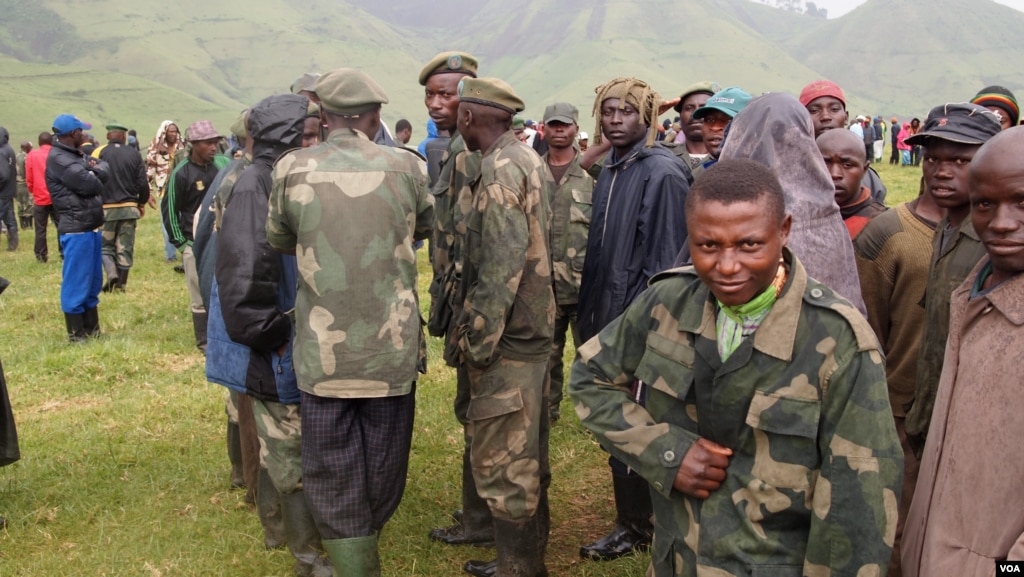Thank You, Revolution!
Syrian Revolution Digest – November 16, 2012
This Revolution has opened up our eyes and minds. We can SEE clearly now: the hypocrisy of East, West, North and South has been totally exposed. Ideological interests and sectarian belongings trump humanitarian considerations any given time – we suspected as much, but now we KNOW. Resistance ideology and its global sympathizers, the responsibility to protect and its advocates: lies and liars all. But we still have few more illusions to shed before we are completely free. Long Live the Revolution. Goodbye long-cherished illusions.
Today’s Death Toll: 122 (including 4 women and 3 children)
35 in Damascus and Suburbs
32 in Aleppo (most in Bustan Qasr)
15 in Idlib, 8 in Daraa
8 in Hama
6 in Raqqa
6 in Deir Ezzor
5 in Homs
3 in Banyas
3 in Lattakia
1 in Quneitra
Points of Random Shelling: 186
76 by artillery
99 by mortars
26 by missiles
8 areas in Syria were targeted by the regime’s warplanes
Clashes: 87
Developments: Rebels shot down 2 warplanes in Damascus Suburbs (in Hammouria and Deir Assafeer), and attacked a tank convoy heading to Bowaida. Rebels also prevented several attempts to storm, Rastan in Homs Province, as well as few suburbs in Eastern Ghoutah Region (LCC).
News
UK: European Nations to Debate Syria Arms Embargo France has already raised the possibility of sending “defensive weapons” to Syria’s rebels. “We must not militarize the conflict … but it’s obviously unacceptable that there are liberated zones and they’re bombed” by Assad’s regime, French Foreign Minister Laurent Fabius said Thursday in an interview with RTL radio. However, a senior EU official said if an arms embargo against Syria was restructured to allow arms to go to rebels but not to the regime, it would be very difficult to police. For that reason, the EU is unlikely to change the embargo, the official said. He spoke on condition of anonymity because of standing EU rules.
SYRIA: Turkey opens up to international aid in camps For months, Turkey insisted to the outside world that it could handle the refugee influx on its own. Initially, it was not alone in thinking the Syrian crisis would be a short-lived event, with refugees staying a few weeks, or months at the most, before returning home. But 20 months, 115,000 refugees and US$235 million of Turkish government spending later, observers say Turkey is realizing its approach is unsustainable.
More Syria officers, soldiers and families defect to Turkey
UN protests to Syria over Golan Heights attacks
Special Reports
Where Syria’s opposition groups get their rockets (+video)
With few weapons flowing to the rebels fighting the Syrian regime, homemade rockets, mortars, and hand grenades have become increasingly used in the fight.
Surgery in Syria, Part 1: Building An Operating Theater In A Cave
British surgeon Paul McMaster recently returned from Syria, where he treated the wounded first in an operating theater set up in a cave and then on a farm. Though McMaster has experience working in war zones, in Syria he found a “more oppressive type of danger.” Here, he reflects on his experiences.
Mapping Syria’s armed opposition: A sketch of rebel units, leaders and organizations.
Video Highlights
An aerial raid on Deir Al-Assafeir, Damascus Suburbs http://youtu.be/RTSCAqv9aKA The MiG was soon brought down by rebels, these are its remains, as well as the bodies of the pilots http://youtu.be/Dz33oUub6SI ,http://youtu.be/0qlQ5nnb2-M Meanwhile, Saba is pounded http://youtu.be/t0ULuIKKWVU ,http://youtu.be/QLoEcbFlKAU , http://youtu.be/qyJVqXgpU0o Hamouriyeh was also poundedhttp://youtu.be/KLhHs9lnjUo And Arbeen http://youtu.be/ZcTntJ_ij04 And Kafar Batna http://youtu.be/6JDIYfGCbOA
The pounding of Jobar Neighborhood in Damascus City continues http://youtu.be/xXqarfHpIvg
An aerial raid on Taftanaz, Idlib Province http://youtu.be/hYxVCtGvfBM Another raid on Marrat Al-Noumanhttp://youtu.be/ZIX1Z8N5zwI



